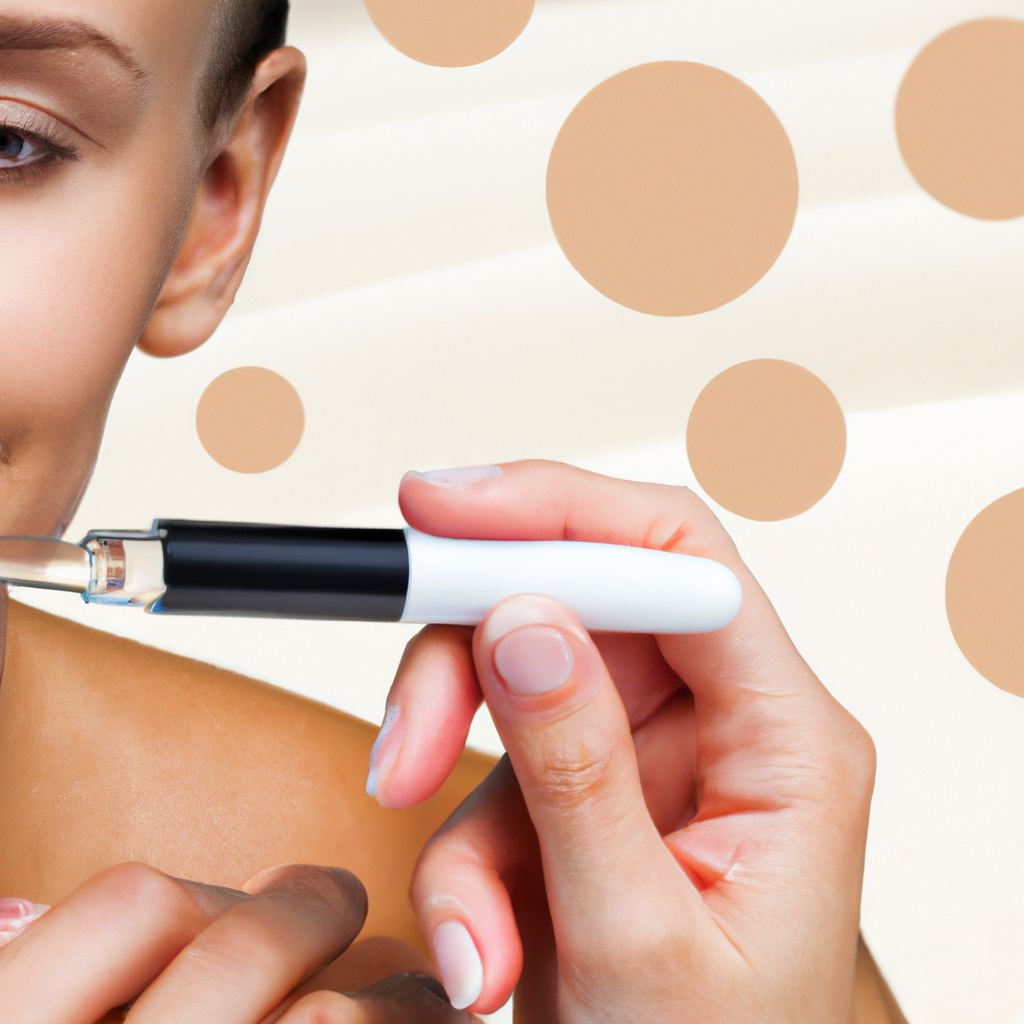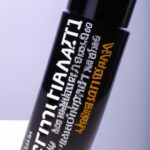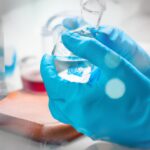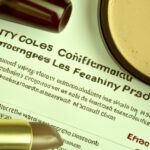Understanding Dermatological Testing and Its Benefits
When shopping for skincare and beauty products, we all want products of the highest quality — products that are powerful, safe, and indulgent all at the same time. Many of the most luxurious skincare and beauty products undergo extensive dermatological testing to meet the standards of clinical excellence. To make sure that skincare and beauty products are safe and effective, the manufacturers go through a lot of research and testing to make sure their products meet dermatological standards.
What is dermatological testing?
At its core, dermatological testing, also known as dermatotoxicity testing, serves to ensure the safety of a product before it goes on the market. It is an important measure that provides the control and assurance needed to ensure the safety of products destined for use on the skin. Dermatological testing is surprisingly comprehensive — it examines the effects of skincare and beauty products on skin tissue, testing the essential elements of structural element and protective barrier.
The Standard Protocol for Dermatological Testing
Most of the time, the process begins by selecting a test product and comparing it to a control at various concentrations. Once the product and concentration have been chosen, the study begins with a wide range of tests to measure the effects of the product on the skin. This includes tests such as irritation, net irritation, photosensitivity and photoreactivity, corrosivity, skin sensitization, and comedogenicity.
The Benefits of Dermatological Testing
The benefits of dermatological testing are vast and multifaceted. It all helps to ensure the safety and efficacy of products, and in doing so gives consumers the confidence they need when investing in premium skincare and beauty products.
• Protection:
Dermatological testing provides the assurance needed to protect both consumers and manufacturers from potential legal issues or liabilities stemming from an unsafe product. It also enables consumers to trust that their products are safe and effective.
• Quality Assurance:
Dermatological testing helps ensure products meet the highest standards of quality. It also measures a product’s longevity and effectiveness, giving consumers the assurance they need when investing in luxury skincare and beauty products.
• Standards:
When products go through extensive dermatological testing, it helps uphold the standards of the industry for the safety and effectiveness of products. It also elevates the quality of the products available to consumers, enabling them to trust and invest in what they are buying.
Frequently Asked Questions About Dermatological Testing
What happens during dermatological testing?
During dermatological testing, the effects of skincare and beauty products on skin tissue are tested at various concentrations and in comparison to a control. This includes tests such as irritation, net irritation, photosensitivity, corrosivity, skin sensitization and comedogenicity.
Is dermatological testing expensive?
Dermatological testing can be costly depending on the type and scope of the tests being carried out. However, the testing is worth it to ensure the safety and efficacy of a product before it goes on the market.
What is tested during dermatological testing?
Dermatological testing includes examinations of the effects of skincare and beauty products on skin tissue. It tests the essential elements of structural element and protective barrier such as irritation, net irritation, photosensitivity and photoreactivity, corrosivity, skin sensitization, and comedogenicity.
Does dermatological testing guarantee product safety?
Dermatological testing does not guarantee product safety, but it is a measure of protection and assurance that the product is safe before it goes to market. It provides the control needed to ensure the safety of products used on the skin.
What are the benefits of dermatological testing?
Dermatological testing guarantees quality assurance as it measures a product’s longevity and effectiveness. It also offers protection and assurance for both consumers and manufacturers, and helps uphold the standards of the industry for the safety and effectiveness of products.
The Importance of Choosing the Right Testing Facility
Selecting the right testing facility is crucial when it comes to dermatological testing for cosmetics. Working with a reputable and experienced facility ensures accurate and reliable results. Here are a few key factors to consider when choosing a testing facility:
Accreditations and Certifications
Look for a testing facility that holds relevant accreditations and certifications. This ensures that the facility follows recognized standards and practices in dermatological testing. Some important certifications to look for include ISO 9001:2015 for quality management systems and ISO/IEC 17025:2017 for testing laboratories.
Expertise and Experience
Consider the expertise and experience of the testing facility. How long have they been in operation? Do they specialize in dermatological testing? A facility with a long history and specialized knowledge is more likely to provide accurate and comprehensive results.
Range of Tests Offered
Check if the testing facility offers a wide range of tests that suit your specific needs. Dermatological testing involves various types of assessments, including irritation, sensitization, and photosensitivity tests. Ensure that the facility can conduct the specific tests required for your product.
Sample Size and Turnaround Time
Evaluate the facility’s capacity to handle your sample size and their turnaround time for delivering results. Timely and efficient testing is essential to keep your product development process on track. Discuss these factors with the facility to ensure they can meet your requirements.
Confidentiality and Data Security
When entrusting your product for testing, confidentiality and data security are paramount. Ensure that the testing facility has robust protocols in place to protect your proprietary information and data. This includes secure storage of samples and compliance with relevant data protection regulations.
Conclusion
Dermatological testing plays a critical role in ensuring the safety and effectiveness of cosmetics and skincare products. By subjecting these products to rigorous testing, manufacturers can confidently provide high-quality products to consumers. When selecting a testing facility, consider factors such as accreditations, expertise, test offerings, sample size capabilities, and data security. Working with a reputable facility will not only ensure compliance with industry standards but also enhance your brand’s reputation and consumer trust.






